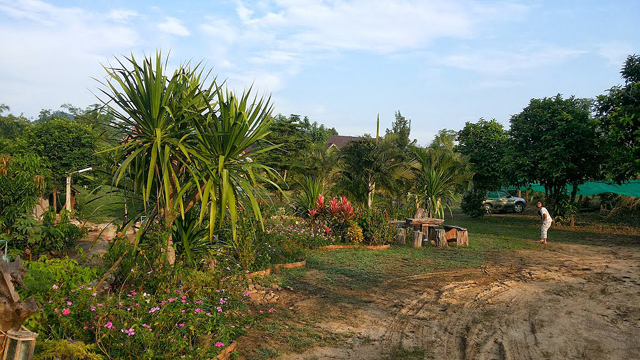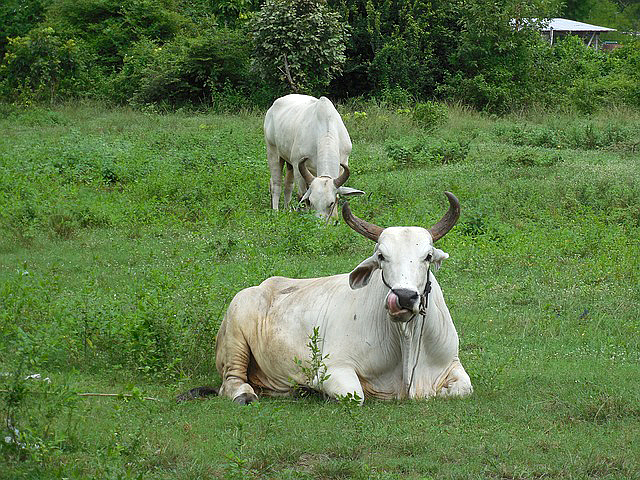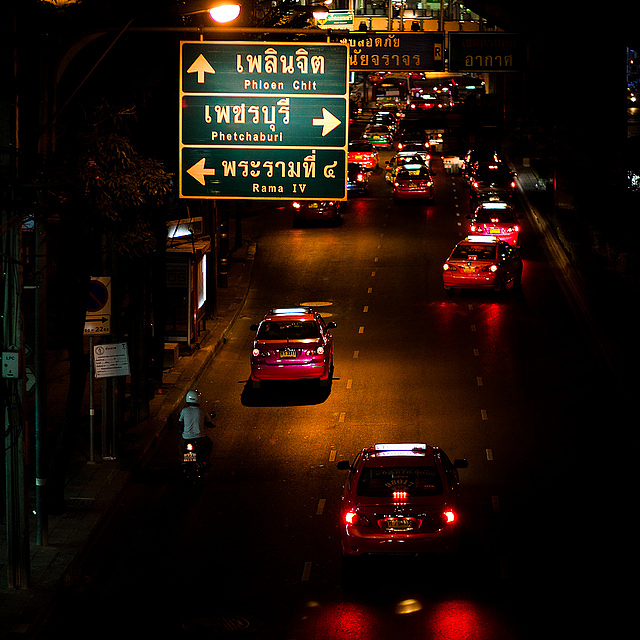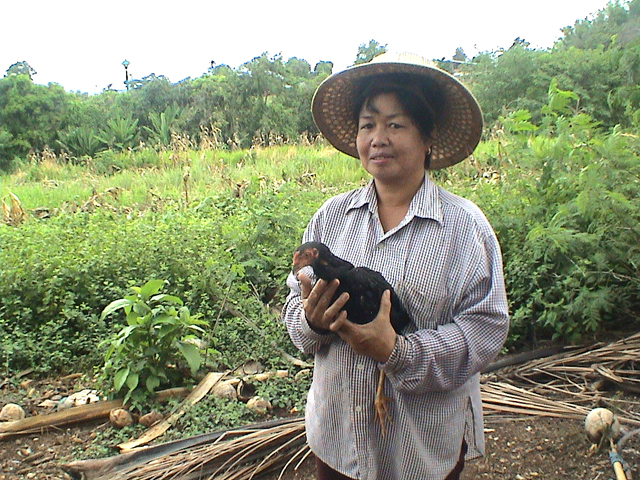A Rural Thai village that is off the grid is evangelizing about the value of renewable energy: bio-gas from cow manure for cooking, and solar panels for lighting homes. Last week Agence France-Presse featured the story of how community leaders in Pa Deng village have formed a network of alternative energy users—and advocates.

Pa Deng is tucked back in a small valley surrounded by forests in Kaeng Krachan District, Phetchaburi Province of Thailand. Nearly 10 years ago, former Prime Minister Thaksin Shinawatra donated solar panels to Pa Deng, but after a few years they needed maintenance and no one came around to repair them. So the people took matters into their own hands and sent some of the villagers to learn how to do the maintenance work themselves.
That got them started on alternative energy sources. They visited research centers, academic institutions and factories; they exchanged fruit from their gardens for lessons on developing renewable energy. They came up with the idea of biogas tanks—actually large, blue polyester sacks that look like big balloons—to hold methane.

The methane gas is generated by manure produced by the numerous cows in the valley, plus other organic wastes that are packed inside the sacks. Microbes break down the waste, in the process generating the gas. Using the gas eliminates the need to go into the forest and gather fuel and it is more sustainable and healthier than burning wood fires for cooking. Kosol Saengthong, a leader in the village network, told AFP reporter Sally Mairs, “It’s nothing complicated, just put the food and waste in and then the gas will come.”
Kosol and his colleagues are teaching other rural Thai communities how to save on energy by producing their own. During a recent seminar in Pa Deng, he said “I was [surprised] at how kind and eager people were to share knowledge with me. Now that it’s my turn to teach, I will do the same.”
Wisut Janprapai, a 44-year old man, was the first person in the valley to start using the biogas. A friend of his from Myanmar told him that animal feces could be used to generate gas suitable for cooking on stoves. He told the reporter that at first he didn’t believe it. But with no outside sources of power, he and his neighbors decided to give it a try. After years of experimenting, they developed the biogas balloons.
They formed a network of supporters in their village which now includes 100 families who run the biogas system. At this point, however, those 100 families represent only one fifth of the people in the Pa Deng area. The network requires members to pay into a maintenance fund, which covers the alternative energy systems and a pool of funds for medical emergencies.

Wisut has no desire to live in Bangkok. “There’s no night time there,” he told AFP. It is too noisy and bright for him. Furthermore, he has little interest in having a refrigerator or an air conditioner. He is quite content, he says, with a biogas balloon feeding his stove plus, powered by his solar panels, a television set for entertainment and a fan for cooling.
Thailand has a lot of possibilities for developing renewable energy resources, according to Phirat Inphanich, who works at the government Energy Ministry as a policy analyst. But Mr. Inphanich feels the kingdom could make better uses of its energy resources.

He travels around the nation trying to convince communities to follow the example of Pa Deng. Small scale efforts like theirs will not completely change the energy sector, he says, but they can help some communities and assist villagers in minimizing their costs. “Thailand is the land of renewable energy,” he said to the reporter. “You can walk anywhere, especially in rural areas, and you will see things that can be turned into energy.”